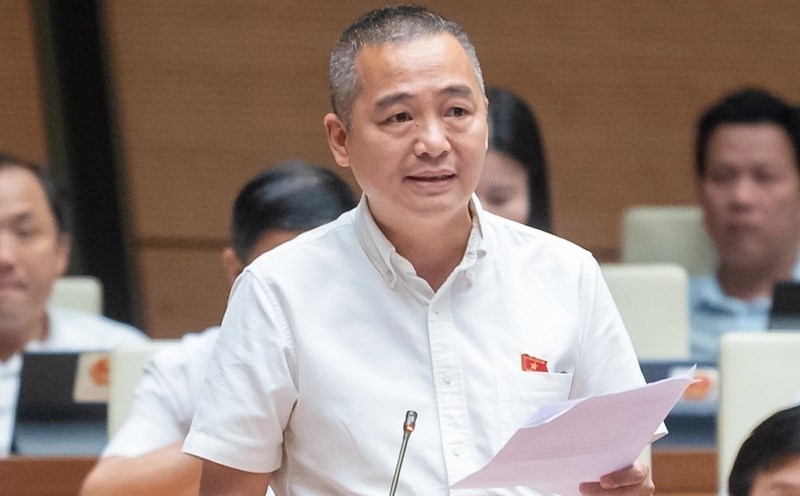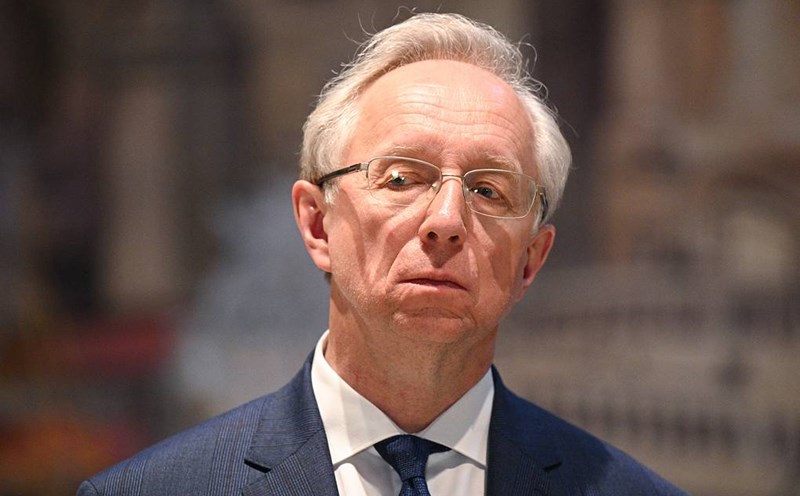On October 24, world oil prices fell again, erasing much of the previous impressive increase. The reason is said to be that the market is starting to question whether the Trump administration is really determined to implement tough sanctions targeting Russia's two largest oil companies.
Brent crude oil prices closed the session down slightly to 65.94 USD/barrel, while US WTI oil prices decreased by 0.5% to 61.50 USD/barrel. Both types of oil had previously gained more than 5% on October 23, shortly after the US announced the sanctions. However, the increase has not been maintained. Overall, oil prices continued to increase by more than 7% for the whole week, the highest level since mid-June.
According to analysts such as John Kilduff from again Capital LLC, skepticism comes from many factors. First, Russian President Vladimir Putin has publicly taken the impact of the sanctions lightly, affirming that they will not significantly affect the Russian economy.
Second, President Trump himself has recently continuously sent signals about his desire to seek diplomatic solutions and revealed the possibility of meeting Mr. Putin. This raises questions about whether he really wants to escalate economic tensions, or whether sanctions are just a lever for negotiations.
Previously, on October 22, the US officially imposed sanctions on two Russian oil giants, Rosneft and Lukoil. These two companies account for more than 5% of global oil production and Russia is the world's second largest crude oil producer in 2024. The US goal is to pressure Russia to end the conflict in Ukraine.
Although the market is still skeptical, the initial sanctions have created certain impacts. Commercial sources said that major Chinese state oil and gas corporations have temporarily stopped buying Russian oil in the short term. Similarly, refineries in India, the largest customer of Russian oil by sea, are also expected to prepare to cut import volumes sharply.
However, experts such as Mr. Janiv Shah from Rystad Energy said that India will be the side at risk. China has better supply diversification and more abundant reserves, so it will be less affected.
To reassure the market against concerns about supply shortages, the Kuwait Oil Minister said OPEC was ready to increase production to compensate. Meanwhile, the US has said it is ready to take tough action if necessary.
Investors are also focusing on the expected meeting between President Trump and Chinese President Xi Jinping next week, in the hope that the two leaders can find a way to ease escalating trade tensions.











